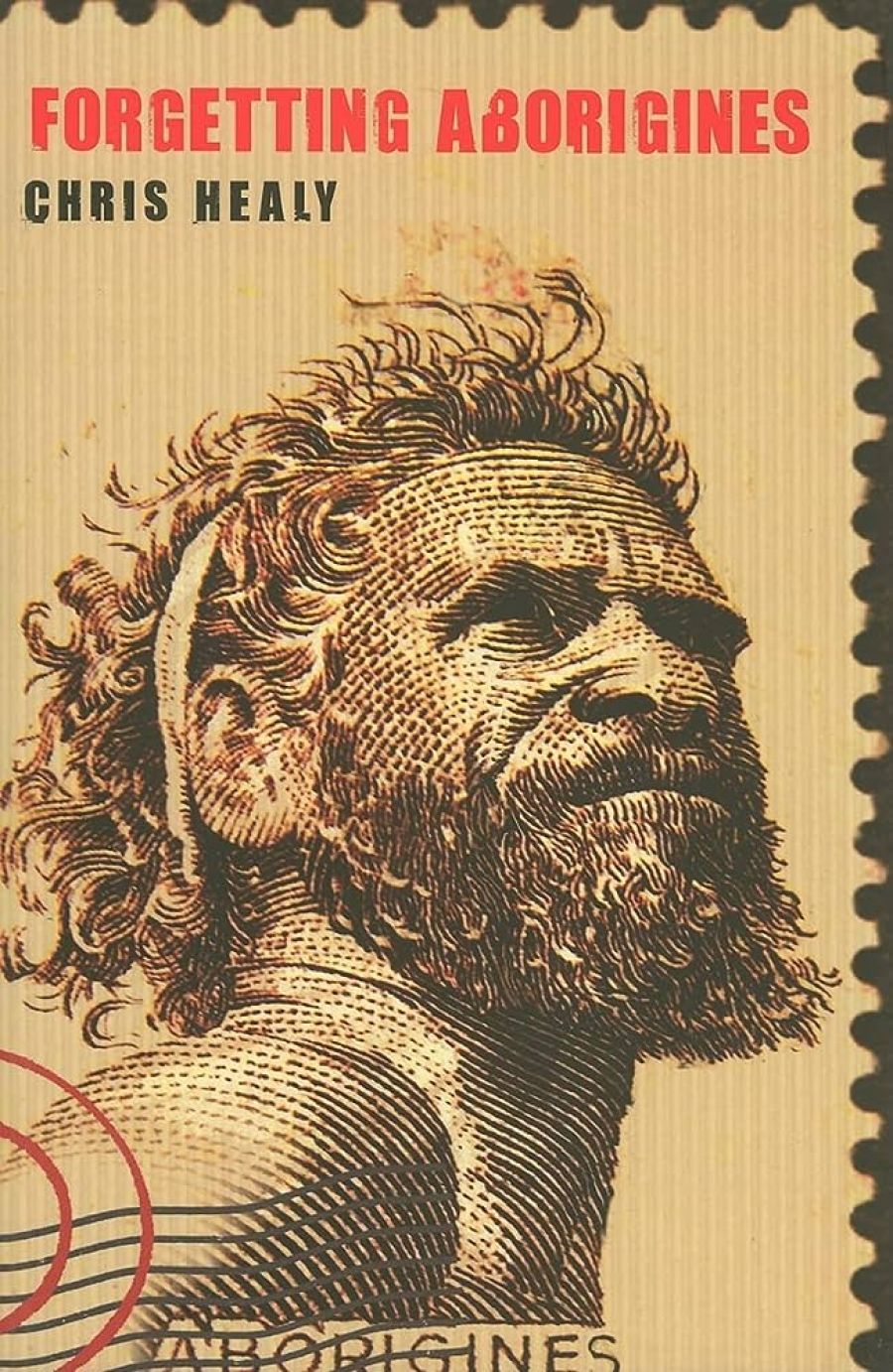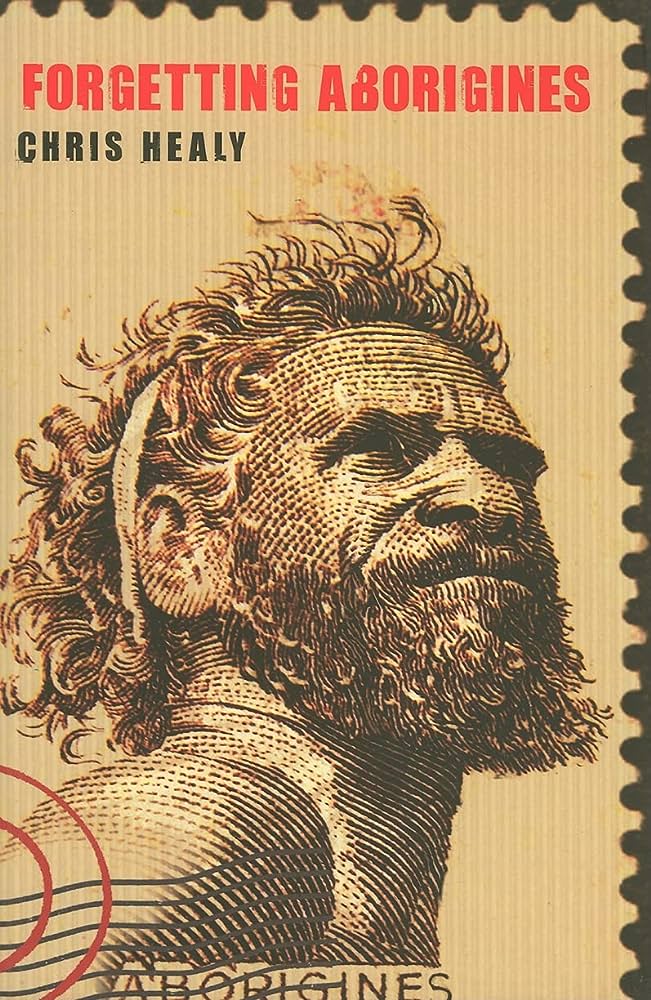
- Free Article: No
- Contents Category: Australian History
- Review Article: Yes
- Article Title: Unfinished business
- Online Only: No
- Custom Highlight Text:
Public passion and debate about Australia’s indigenous peoples ebb and flow. During the 1990s, Mabo, Wik, reconciliation and the Stolen Generations dominated public debate for months on end. Indigenous leaders such as Pat and Mick Dodson, Lowitja O’Donohue and Noel Pearson became familiar figures, prodding politicians and the public to remember unfinished business. As the official reconciliation process ground to a halt during the Howard government, Aboriginal issues receded into the background. They re-emerged spectacularly in 2006 with the cataloguing of widespread sexual and physical abuse in remote Aboriginal communities. This was in the lead-up to the government’s Emergency Intervention in the Northern Territory.
- Book 1 Title: Forgetting Aborigines
- Book 1 Biblio: UNSW Press, $39.95 pb, 256 pp
- Book 1 Cover Small (400 x 600):

- Book 1 Cover (800 x 1200):

In his new book, Forgetting Aborigines, Chris Healy considers the nature of this ebb and flow of discussion about Aborigines over the long course of historical entangle-ment between settler and indigenous Australia. Healy argues that the periods of silence concerning Aborigines were more apparent than real. If we look back in cultural history, we can find much talk about Aborigines and their situation. The problem is that non-indigenous Australians tend to forget these long discussions, a phenomenon that is tied to the psychology and ideological foundations of settler society.
According to Healy, settler Australia has a habit of forgetting its knowledge of indigenous people. Thus, despite the evidence of widespread coverage of Aboriginal problems in the past, news of the desperate plight of many indigenous people in the present was met with cries of ‘Why weren’t we told?’
Forgetting Aborigines is a work of cultural studies informed by insights from anthropology, new historical thinking on memory and forgetting, and post-colonial theory. Healy reads the meanings of a range of cultural artefacts that relate to ‘Aboriginality’. He examines an ABC-produced educational series called Alcheringa that fascinated him as a child in the 1960s. In a chapter devoted to this series, Healy carefully dissects the way that it constructed a version of Aboriginality as belonging to the irretrievable past, overtaken by history, while at the same time undermining this message through the narration by Bill Onus, an indigenous leader and artist from Victoria, who spoke of his ‘people’ in a way that suggested they were very much alive in the present. In another chapter, Healy revisits the story of Aboriginal art from the Western Desert community of Papunya under the tutorship of the non-indigenous teacher Geoffrey Bardon. He reconnects this ‘sudden’ emergence to a much longer past of making Aboriginal art and artefacts among the Western Desert artists themselves, and also among non-indigenous Australians in the 1940s and 1950s. This ex-tended history created a space and a potential public for the reception of what was seen as authentic, traditional Aboriginal art. Recognising it helps us to make sense of the ironic uses by contemporary indigenous artists of the sort of Aboriginal kitsch that people used to decorate their houses and gardens, some of which was known as ‘jacky jacky’ art. For-getting about ‘Abo art’ is simply another example of colonial repression of unpleasant facts and aspects of history.
Healy revisits the debates surrounding the staging of Australia’s Bicentenary in 1988, and reconciliation, the Stolen Generations and the rise of Pauline Hanson in the 1990s. He ventures further back in history, via the museum, to think about the meanings of the breastplates handed out to Aboriginal men and women in the nineteenth and early twentieth centuries. Many breastplates granted titles such us ‘king’ of the local tribe or area, and have been read by critics as shameful relics of the colonial past. Healy reminds us that we cannot simply assume that indigenous people accepted the settler meanings implied by breastplates: for example, that they were symbols of the achieved status of European gentlemen. Nor can breastplates be simply read as emblems of domination and subjugation. Rather, they are symbols of intercultural exchange whose meanings sometimes reveal much more intimate relations. Initially, state-bestowed forms of recognition, breastplates were also handed out by ordinary settlers. Healy cites examples of breastplates that were given to individuals who had done some service to non-indigenous settlers or displayed signs of loyalty and trustworthiness. In a chapter on indigenous tourism, Healy discusses his own experience of walking the Lurujarri Trail near Broome, and suggests types of experience that reach towards a form of intercultural exchange and understanding between non-indigenous and indigenous Australians.
The book has several meanings. Broadly, it is an extended essay about processes of forgetting and remembering Aboriginality. Healy believes that there is ethical value in remembering unpleasant aspects of history; the desire to forget about racist images of Aborigines is understandable, but it will not necessarily foster better relations between indigenous and non-indigenous Australians. Nevertheless, one of the most important meanings of his title becomes apparent towards the book’s end, where it is argued that the phantasmagorical construction of the ‘Aborigine’ is so colonialist and racist that we would be best to forget it altogether and try to envisage real people in its stead:
… Aborigines we can forget. In their place we might imagine friends, neighbours and strangers who live near and far; citizens marked by difference and sameness; people of varying predicaments, capacities and desires; people who, like all of us, live with the possibilities and constraints of being in history.


Comments powered by CComment